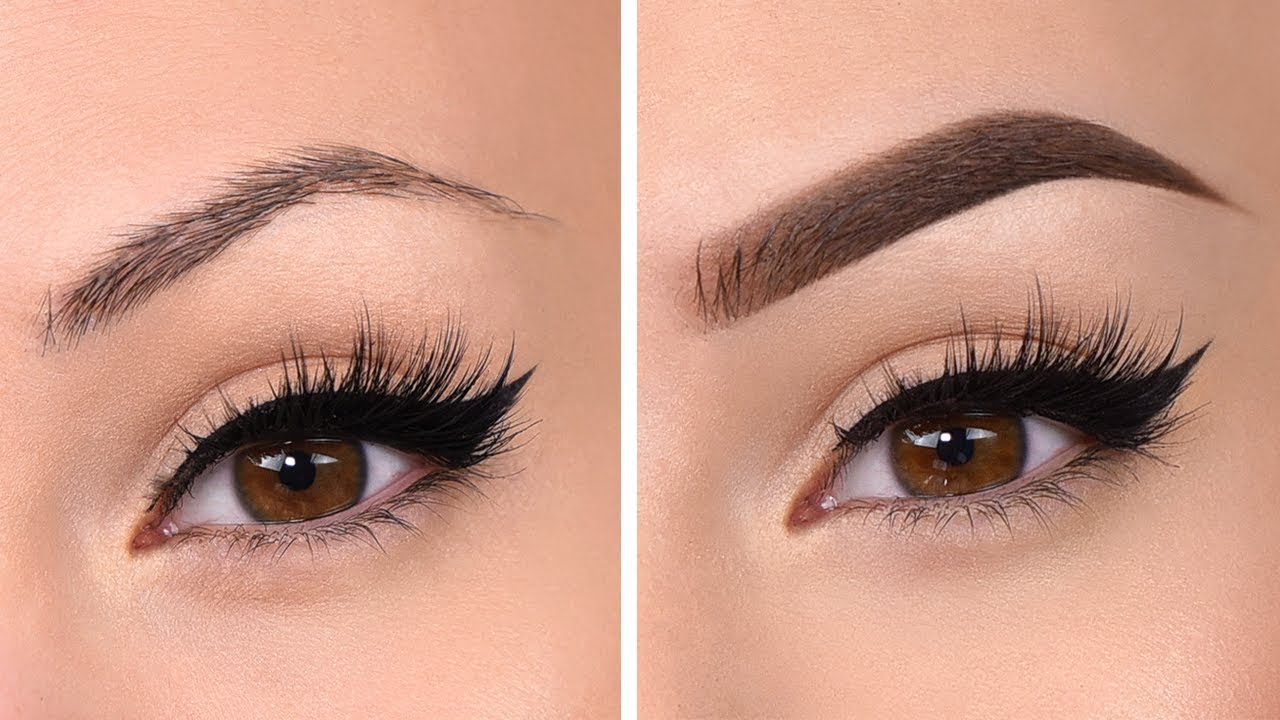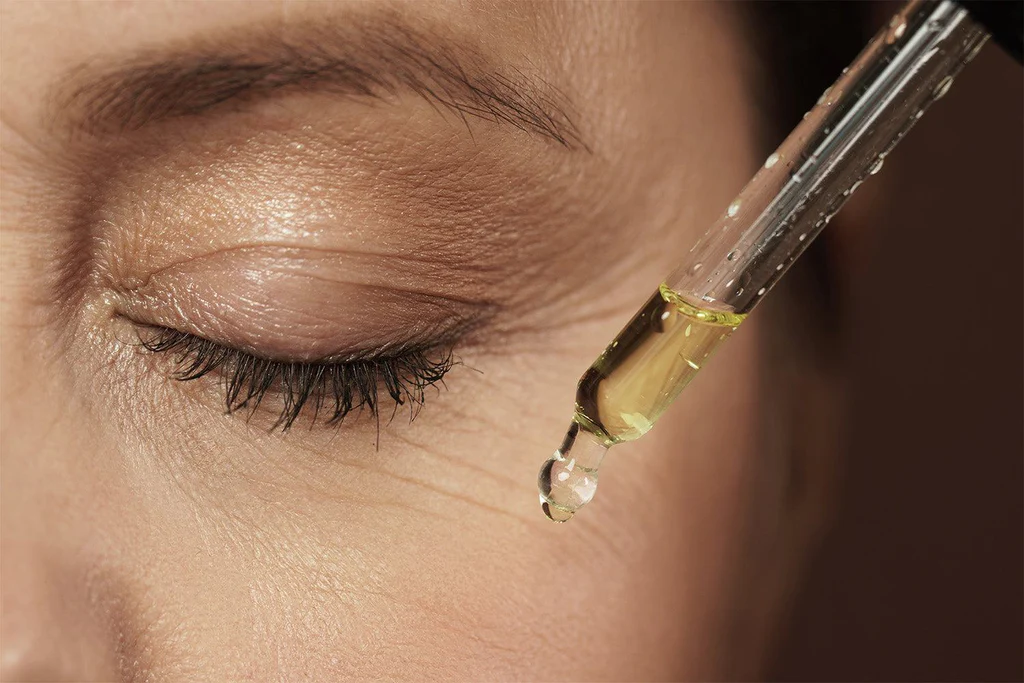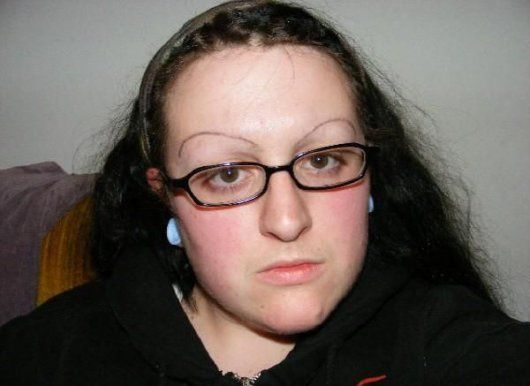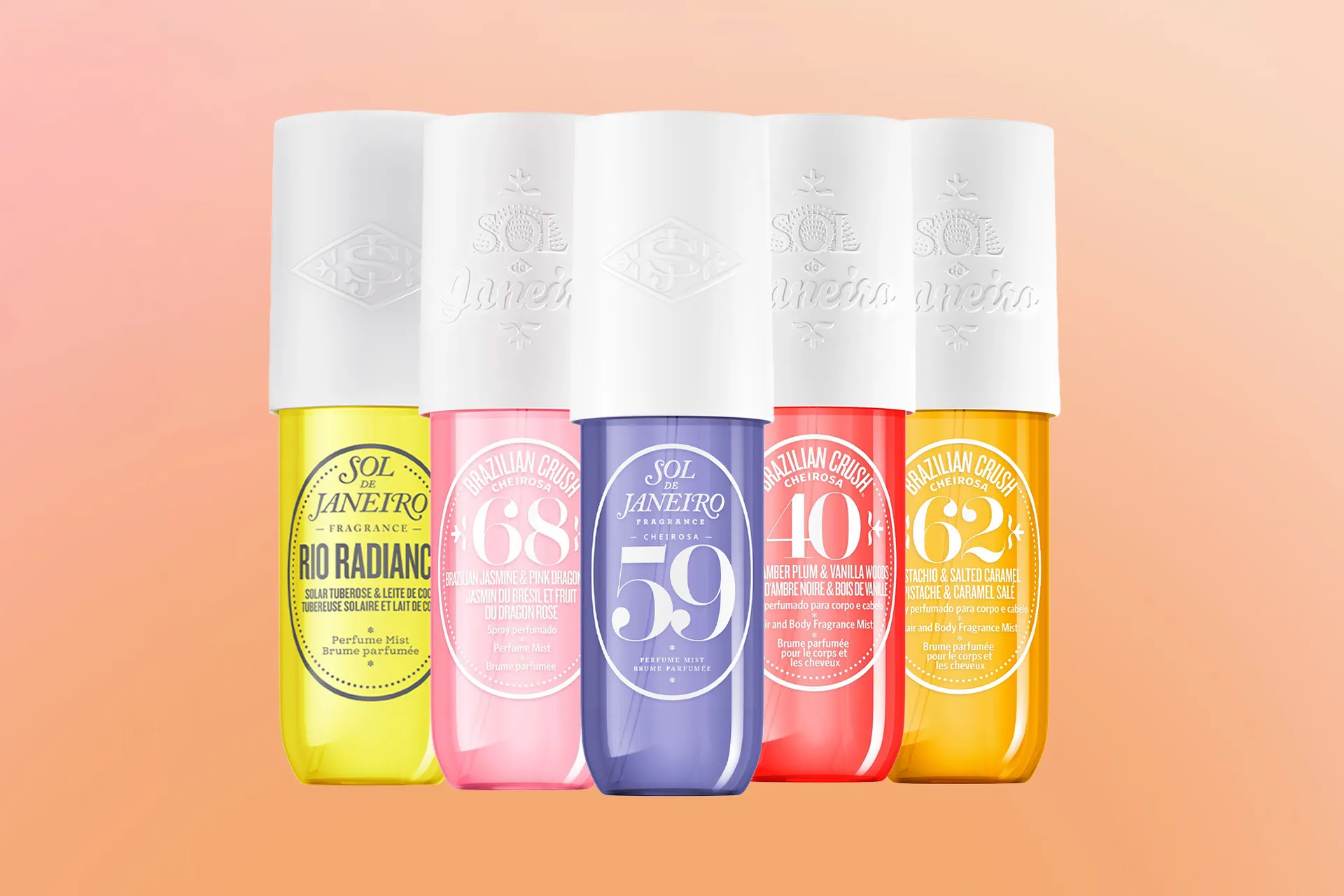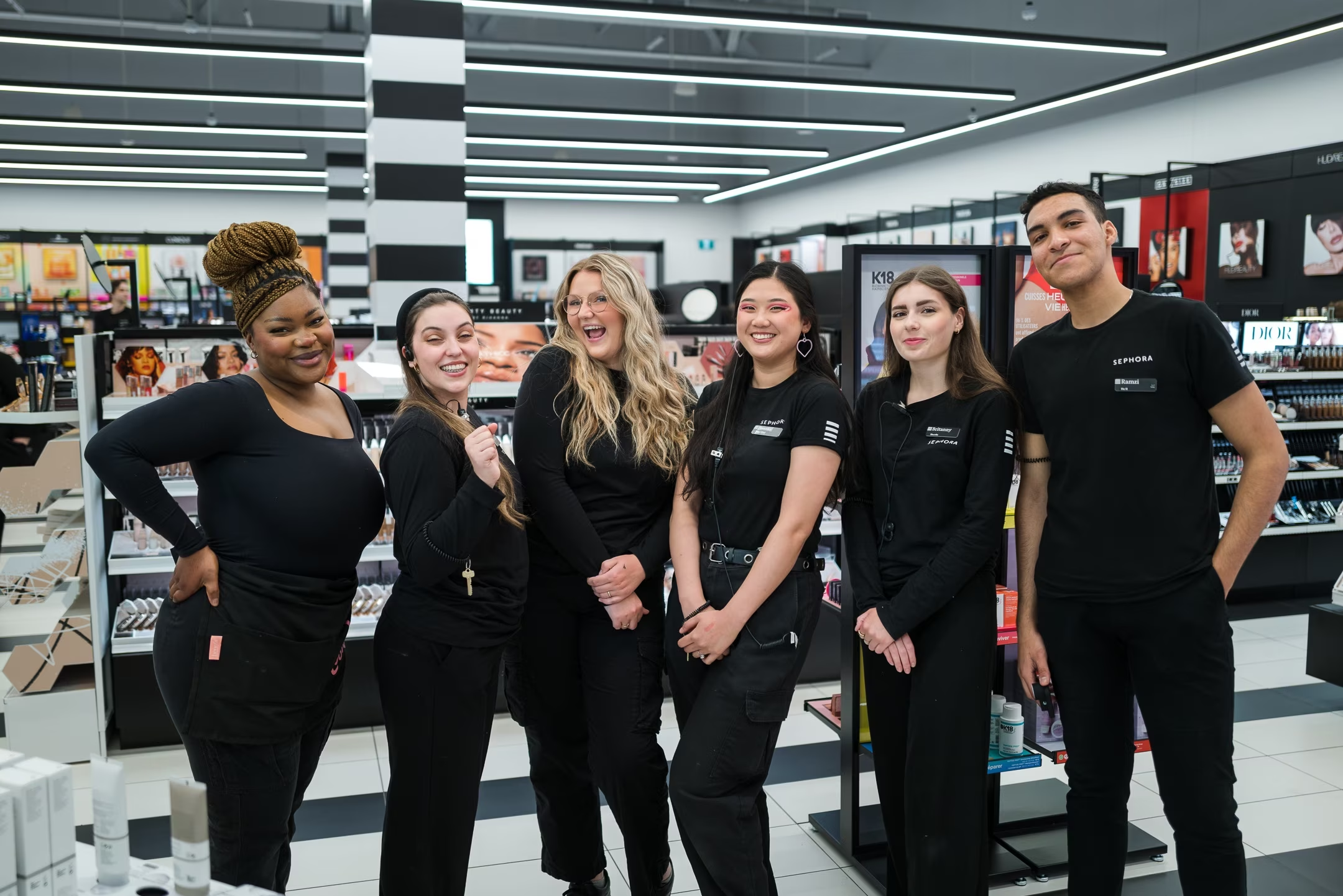
 By
Your Beauty Plug
By
Your Beauty Plug
Makeup is a form of self-expression, creativity, and fun for many people. But when it comes to children, makeup can also raise some questions and concerns for parents. If your child has shown interest in wearing makeup, you may wonder how to handle this situation in a positive and supportive way. Here are seven things you should know about kids and makeup, and how to guide your child through this process.
Some parents may have a specific age in mind for when their child can start wearing makeup, such as 13, 16, or 18. However, there is no universal rule for this, and different families may have different opinions and preferences. The best approach is to have an open and honest conversation with your child about why they want to wear makeup, and what your expectations and boundaries are. You can also consider factors such as your child’s maturity level, personality, and social environment.
Many children, especially girls, may face pressure from society and media to look a certain way, and may struggle with their self-esteem and body image. Makeup can be a way for them to express their individuality, enhance their natural beauty, and feel more confident and comfortable in their own skin. As long as your child is not using makeup to hide or change their appearance, or to please others, makeup can be a positive and empowering tool for them.
While makeup can have many benefits, it can also have some potential risks and drawbacks that you and your child should be aware of. For example, some makeup products may contain harmful chemicals or allergens that can irritate or damage your child’s skin, eyes, or health. Some makeup products may also be expensive, and your child may spend a lot of money or time on them. Additionally, some children may become too dependent on makeup, and may feel insecure or unhappy without it.
If you decide to let your child wear makeup, you should also teach them how to use it safely and responsibly. This includes:
Besides teaching your child how to use makeup safely and responsibly, you should also teach them how to take care of their skin and health in general. This includes:
One of the most important things you should do as a parent is to support your child’s choices and preferences when it comes to makeup. You should respect your child’s opinions and feelings, and avoid criticizing, judging, or shaming them for wanting to wear makeup. You should also compliment your child’s appearance and personality, and remind them that they are beautiful and valuable regardless of whether they wear makeup or not. You should also encourage your child to experiment with different makeup styles and colors, and have fun with their creativity and expression.
Finally, you should keep the communication lines open with your child about makeup and other related topics. You should listen to your child’s questions and concerns, and answer them honestly and respectfully. You should also share your own experiences and perspectives, and offer your advice and guidance when needed. You should also be open to feedback and suggestions from your child, and be willing to compromise or negotiate when necessary. By maintaining a positive and trusting relationship with your child, you can help them develop a healthy and happy attitude towards makeup and themselves.
A: There is no definitive answer to this question, as different people may have different opinions and preferences on how much makeup is too much. However, some signs that your child may be wearing too much makeup are:
If you notice any of these signs, you can gently and kindly point them out to your child, and suggest some ways to improve or reduce their makeup.
A: Peer pressure or bullying related to makeup can be a serious issue for some children, especially in their tween or teen years. Some children may feel pressured or bullied to wear makeup or not to wear makeup, depending on their social environment and norms. If your child is facing this problem, you can help them by:
A: If your child is curious or interested in makeup, you can introduce them to makeup in a fun and educational way by:
Makeup is a common and popular topic among children, especially as they grow older and more curious. As a parent, you may have mixed feelings or questions about your child’s interest in makeup, and how to handle it in a positive and supportive way. In this blog post, we have shared seven things you should know about kids and makeup, and how to guide your child through this process. We hope that this information has helped you understand your child’s perspective and needs, and that you have learned some tips and strategies to help your child use makeup safely and responsibly. Remember that makeup is not a bad or scary thing, but a form of self-expression, creativity, and fun for your child. By supporting your child’s choices and preferences, and keeping the communication lines open, you can help your child develop a healthy and happy attitude towards makeup and themselves.

